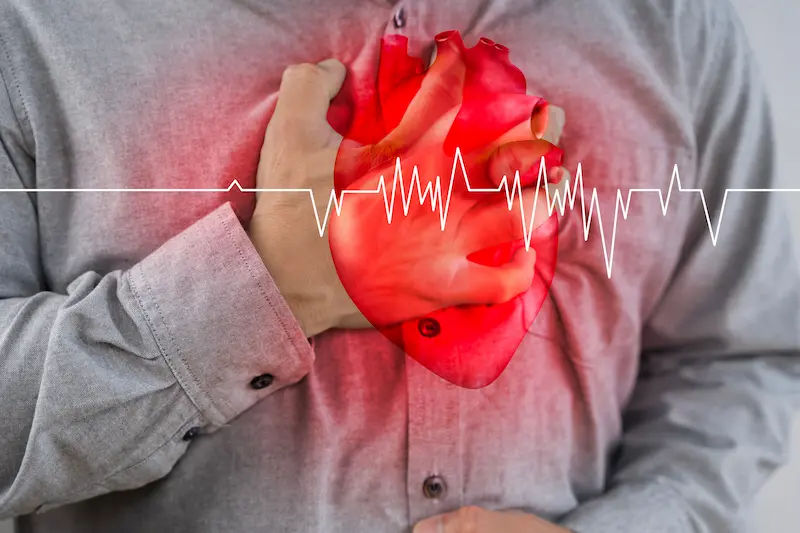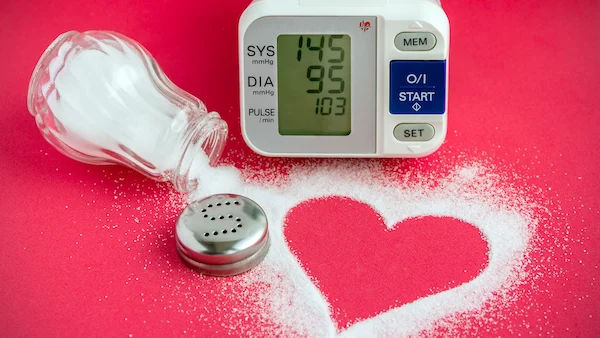- Female
- 52 Years
- 22/01/2025
I'm scheduled to have an angiogram next week and I'm feeling a bit anxious about it. How long does it usually take to recover fully from this procedure? I'm also worried about any possible side effects or serious risks that might come with it. And after the angiogram, will I need to stay in the hospital for a long time?
More Cardiology Health Queries
View allI'm a bit concerned after my TMT test results. The cardiologist mentioned that everything looked normal, but I noticed that the ST level changed from 2.04 to 1.64 at peak exercise level 3. Is this something I should be worried about, or is it totally normal? I attached the test chart with my report. Would really appreciate your insights on this.
yes u can use it, visit ur physician for apprpropriate managent
Answered by 1 Apollo Doctors
My father-in-law recently had an ECG due to some chest pain, which we thought was from acidity. To our surprise, it showed a coronary blockage. What should we do next? I'm just a bit worried about what the usual procedure is for handling something like this. Any advice would be really appreciated.
The next step would likely be to perform a coronary angiography to further evaluate the blockage in the coronary arteries. Depending on the severity and location of the blockage, the treatment options may include medication such as Aspirin and Clopidogrel to prevent blood clots, as well as a procedure such as angioplasty with stent placement or coronary artery bypass surgery. The specific treatment plan will be determined by the cardiologist based on the findings of the angiography.
Answered by 1 Apollo Doctors
I was recently prescribed concor cor 2.5 for my blood pressure, which is 13090, and I have a heart rate of 113. Since I'm always on the go and sometimes end up skipping breakfast, I'm wondering if it's okay to take this medication on an empty stomach. Is that safe, or should I make sure to eat something first?
Concor Cor 2.5 is a brand name for Bisoprolol, which is a beta-blocker used to treat high blood pressure and heart conditions. It is generally recommended to take Bisoprolol with food to help with absorption and reduce the risk of stomach upset. If you often skip breakfast, you can take your dose with a light snack or a small meal to minimize any potential stomach discomfort. It is important to take the medication as prescribed by your doctor.
Answered by 1 Apollo Doctors
Disclaimer: Answers on Apollo 247 are not intended to replace your doctor advice. Always seek help of a professional doctor in case of an medical emergency or ailment.






